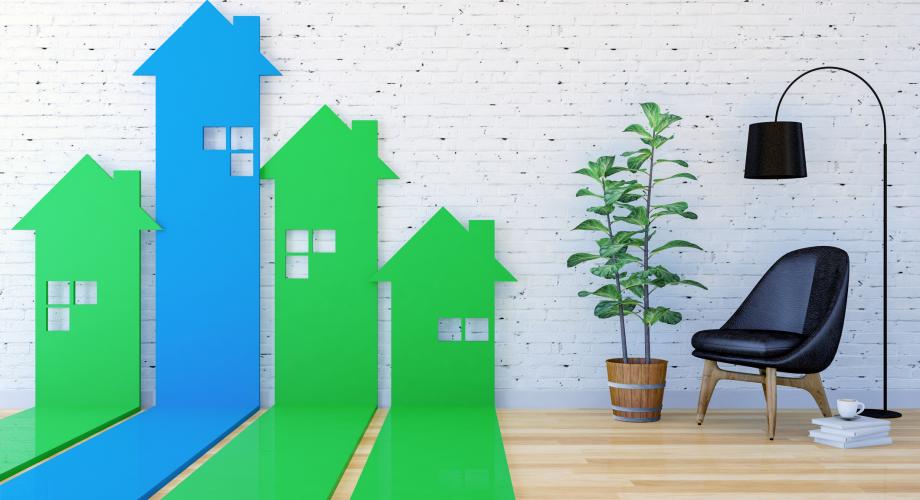Successful conservation efforts don’t just add value to a property in the form of dollars, they also attract and retain environmentally conscious renters.
There’s simply no escaping it: Costs for almost everything are on the rise. From groceries to gas, everyone is feeling the squeeze, but for multifamily operators experiencing major increases in water and energy bills, it’s time to get thrifty.
During the 2022 Apartmentalize session, “Boosting Property Value Through Water and Energy Efficiency,” industry experts discussed the ways that they are confronting higher costs and even boosting revenue by making small changes onsite that make a big difference to the bottom line.
“The goal for operators is to grow net operating income and cash flow,” said Scott Wilkerson, Chief Investment Officer for Grinkgo Residential. “There are multiple ways to do that. The typical 40-plus year-old apartment buildings, which account for over half of the apartments in the country, have a lot of room to improve on water and energy efficiency.”
Combatting Rising Costs
Utility costs have gone up by 35% in just the past few years and projections for 2023 expect another 12% to 62% hike depending on the market.
“Natural gas has gone up by 80% over the last three months in some areas, while electricity is up 30 to 40%,” said Marc Treitler, Partner and General Counsel for Conservice Utility Management and Billing.
Panelists shared their expertise on the matter and suggested a few ways that operators can combat these rising costs. In some cases, the changes made have reaped six-figure profit increases.
“You need to analyze your usage against the various rates the utility company offers,” Treitler said. “They don’t tell you this, but they usually offer different rates. There was one property in California where we found around $240,000 per year just by switching rates.”
Beyond exploring the various rate tiers that utility companies may offer, Treitler advises that operators meticulously review their bills.
“My company processes a lot of bills equating to billions of dollars’ worth of utility costs, and we found that 15 to 25% of them have errors,” Treitler said. “The meter reading could be wrong or maybe the utility company applied the wrong bill to the wrong person. Either way, audit your bills.”
Another small change that operators can implement at their communities to impact onsite conservation efforts and boost property value is to install submeters to each unit. They are relatively inexpensive and the benefits in terms of preventing leaks or waste are significant.
“That’s one of the biggest things operators can do to effectuate conservation of water, gas and electricity,” Treitler said. “Submeters can help increase conservation by 30% or more.”
Resident Satisfaction
Successful conservation efforts don’t just add value to a property in the form of dollars, they also attract and retain quality modern renters that are environmentally conscious when selecting an apartment home. Many of today’s residents want to reduce consumption and minimize their carbon footprint.
Sustainability at a community level means monitoring and measuring everything. It’s much easier to stay ahead of potential problems and prevent them, opposed to waiting for something little to become a bigger, more costly issue.
“You can’t control what doesn’t get measured,” Wilkerson said. “So, measure everything and make adjustments where they are needed.”
Andrew Ruhland is a Junior Account Executive and Content Writer for LinnellTaylor Marketing.
